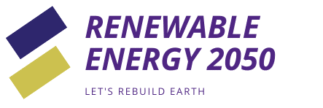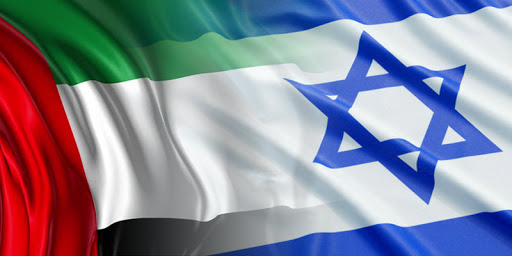POINTS
- UAE signs peace deal with Israel on September 15
- UAE is first GCC country to normalize relations with Israel
- UAE wants to produce 44% of electricity from renewables by 2050
Dubai – The UAE, which is expected to sign a peace deal with Israel on September 15, may cooperate with Israel in water desalination and solar power as OPEC’s third-largest oil producer seeks to generate 44% of its electricity from renewables by 2050, the country’s Energy Minister Suhail al-Mazrouei said.
“We could discuss all of these areas and we could benefit from them and they will benefit from us in the future,” Mazrouei said on Abu Dhabi Public Television on September 14.
The UAE is the first member of the Gulf Cooperation Council to seek a peace deal with Israel, which has two other such pacts with Arab countries Jordan and Egypt, in addition to the Oslo peace accords with the Palestinians. The GCC also includes Bahrain, Qatar, Oman, Kuwait and Saudi Arabia.
The UAE and Bahrain are due to sign peace accords with Israel in Washington on September 15, and US President Donald Trump expects more Arab countries to normalize their relations with Israel.
UAE Energy mix
The UAE is undertaking various solar projects with the aim of diversifying its energy mix and freeing up oil and gas for export. It wants to produce 50% of its electricity from clean and renewable energies, including nuclear energy, by 2050.
Abu Dhabi, the oil-rich emirate of the UAE’s seven-member federation, plans to produce around a third of its electricity from clean energy, including nuclear power, in four years, Awaidha al- Marar, president of the Abu Dhabi Department of Energy, told S&P Global Platts in an interview on September 13.
Abu Dhabi has also made progress in solar projects, and its 2 GW al Dhafra solar project hit a then-record price of 1.35 cents / kWh in June.
The Dubai Electricity & Water Authority awarded Saudi Arabia ACWA Power this year for the fifth 900 MW phase of the Mohammed bin Rashid Al Maktoum solar park, a project that aims to have 5 GW of solar energy by 2030 for a cost of 50 billion dirhams (13.6 USD). billion).
The UAE became the first Gulf nation to produce nuclear power this year with the start of one of its four nuclear reactors. Once all the plants are operational, they will produce 5.6 GW of nuclear power, covering up to 25% of the country’s electricity needs.
2030 target
Israel’s Energy Ministry announced in June an 80 billion shekel ($ 23.3 billion) plan to increase solar power’s share in the energy mix amid surging demand for energy and population growth.
The country, which produced 5% of its electricity from solar energy in 2019, wants to increase this level to 30% or 16 GW by 2030.
Currently, Israel mainly depends on gas and coal to generate electricity.

